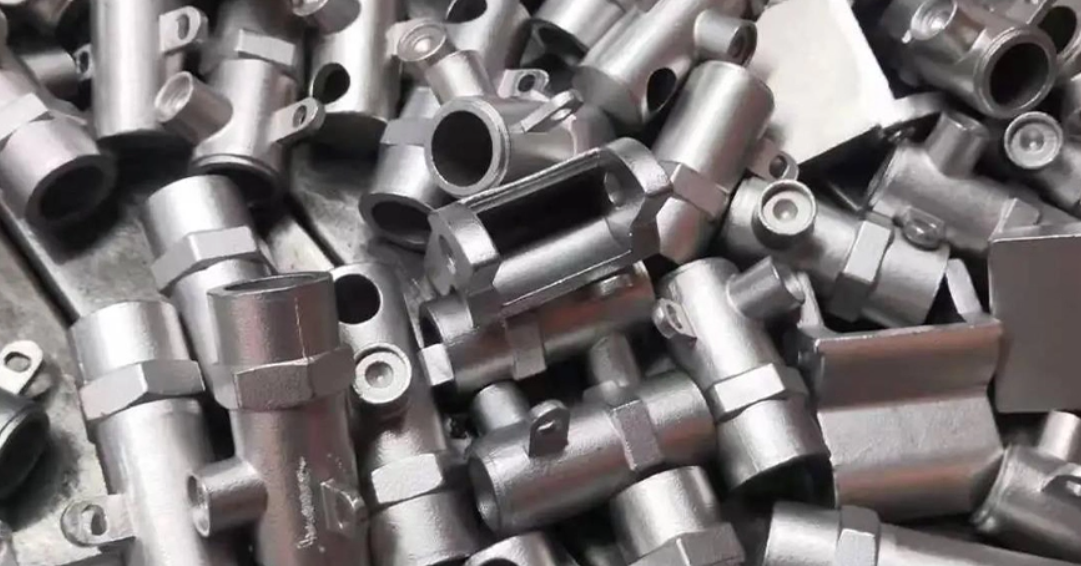Mobile:+86-311-808-126-83
Email:info@ydcastings.com
Understanding the Role of Impellers in Pump Performance and Efficiency
The Role of Impellers in Pump Performance
Pumps are an integral part of various industries, from water supply systems to chemical processing. At the heart of most centrifugal pumps lies the impeller, a crucial component that significantly influences pump efficiency and performance. Understanding the function and design of impellers can help optimize pump operation and ensure reliable fluid transfer.
The Role of Impellers in Pump Performance
There are several types of impellers, each suited for specific applications. The most common designs include radial, mixed-flow, and axial impellers. Radial impellers, with blades extending at right angles to the shaft, are ideal for high-pressure applications and are often found in water pumps. Mixed-flow impellers combine characteristics of both radial and axial designs, allowing for a balance between flow rate and pressure. Axial impellers, on the other hand, move fluid parallel to the shaft and are typically used in applications requiring high flow with low pressure.
impeller on pump

The material chosen for impeller construction is also essential. Impellers can be made from stainless steel, bronze, or plastic, depending on the nature of the fluid being pumped and environmental conditions. Corrosion-resistant materials are necessary when handling aggressive chemicals, whereas lightweight materials may be advantageous for applications where weight is a concern.
Proper impeller selection and maintenance are vital for ensuring optimal pump performance. Factors such as viscosity, temperature, and specific gravity of the fluid can all influence the effectiveness of an impeller. Regular inspections and maintenance can help detect wear and tear, preventing potential failures and costly downtime.
In conclusion, the impeller is a fundamental part of pump technology, dictating the effectiveness and efficiency of fluid movement in various applications. By understanding the different types of impellers and their respective advantages, engineers and operators can make informed decisions that enhance the overall performance of their pumping systems. Ultimately, a well-chosen and maintained impeller can lead to significant improvements in productivity and reliability across diverse industrial processes.
-
Impeller Technology That Powers Precision in Pump SystemsNewsMay.22,2025
-
Valve Durability Begins with Quality Cast Iron ComponentsNewsMay.22,2025
-
Performance Cooling with Advanced Automobile Water Pump SolutionsNewsMay.22,2025
-
How Motor Housing and Oil Pans Shape Engine PerformanceNewsMay.22,2025
-
How Metal Castings Drive Modern Manufacturing EfficiencyNewsMay.22,2025
-
Exploring the Engineering Behind Valve Body CastingsNewsMay.22,2025











